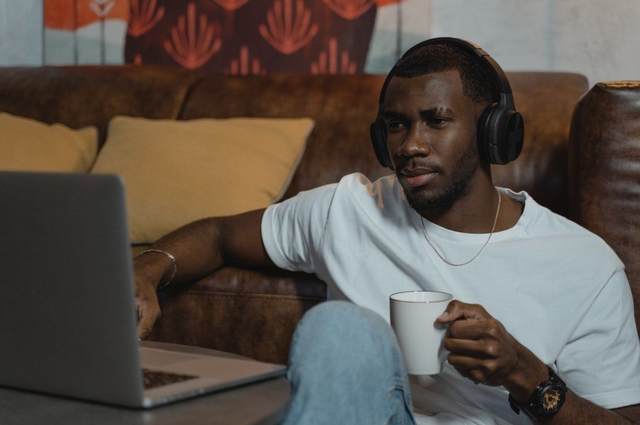
Pandemic-prompted online classes are problematic. That's no secret. Both students and teachers have had their share of difficulties with them. Some have taken the time to articulate their issues and I'll explore a few of those perspectives in this article. My emphasis will be on higher education, but the attitudes cited can also apply to high school and lower grades, since online classes have been underway since March of this past spring.
Teachers attempt to be transparent in their online classes. By that, I mean the process of their teaching comes across the internet with little or no sign of strain. Students watching rarely perceive difficulties in what's being taught or within the person teaching it. This is a significant credit to teachers, whose major prep time is invisible to students.
Students, on the other hand, are less likely to hide their frustrations, either real-time or in time-shifted sessions (pre-recorded lectures). Part of outspoken student frustration, especially at the college level, may be due to resentment — the ongoing disappointment of not being able to participate in the full experience of the educational arena. Sitting in a classroom among peers is much more conducive to community learning than viewing disembodied images on a Zoom screen.
Read More: https://insights.collegeconfidential.com/virtual-learning-covid
If you'd like to ask questions please email us at [email protected].